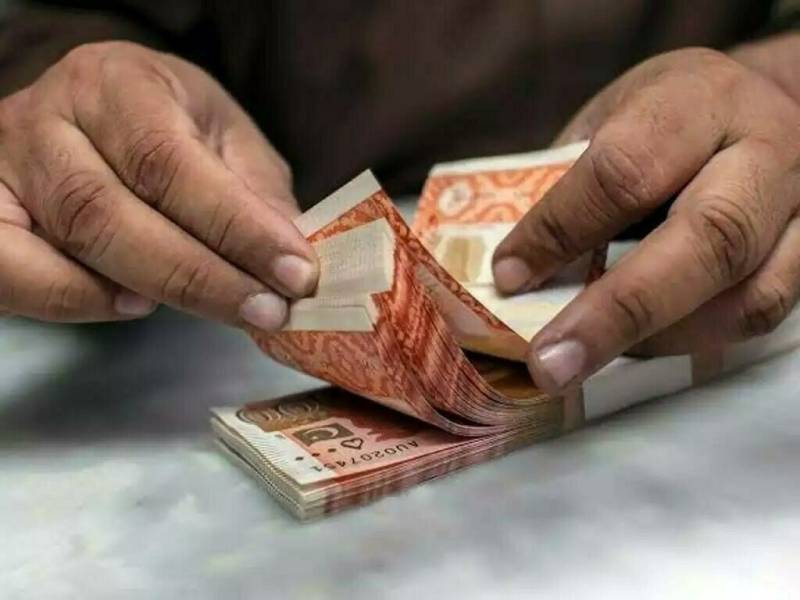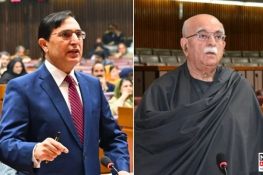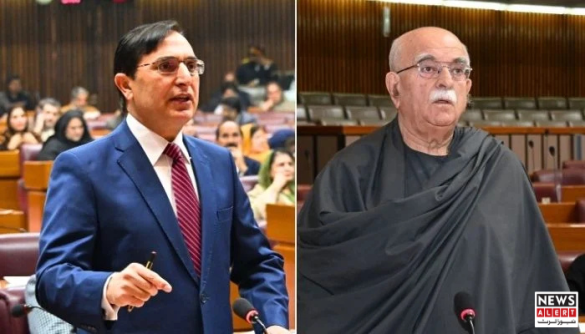Announcement Reverses Earlier Pension Reforms
The government of Sindh province in Pakistan has reinstated the traditional pension system for its public employees, scrapping the recently introduced contributory pension scheme.
The decision was confirmed through an office memorandum issued by the Finance Department, which officially withdrew an earlier notification dated 1 November 2024. That notification had implemented the Sindh Defined Contributory Pension Scheme (SDCPS) for new government hires.
Background: The Contributory Scheme
In September 2024, the Sindh cabinet approved the SDCPS, which aimed to shift the financial model of pensions. Under the contributory plan, every employee would contribute 10% of their basic salary, while the provincial government added 12%. Instead of traditional lifetime pensions and gratuity payments, employees would receive retirement benefits based on these accumulated contributions.
To give the scheme legal backing, the provincial cabinet, led by Chief Minister Murad Ali Shah, introduced an amendment to the Sindh Civil Servants Act of 1973. The reform was presented as a measure to ease the rising financial burden of pensions on the provincial exchequer.
Why the Change Matters
Pakistan’s public pension system has long been a subject of concern for policymakers. Pension liabilities across provinces are growing rapidly, consuming an increasing share of annual budgets. For instance, Sindh’s pension-related expenses have reportedly risen to over 20% of its total current expenditure in recent years.
The introduction of SDCPS was seen as a step towards sustainability, aligning with practices in other countries where contributory systems have replaced unfunded state pensions. However, the scheme faced criticism from employees’ unions, who argued it would erode job security and reduce post-retirement benefits.
By reinstating the old pension model, the government has signaled a willingness to prioritize employee welfare over financial restructuring—at least in the short term.
Employees Welcome the Decision
For government workers, the reversal means the continuation of guaranteed pensions and gratuity payments, which provide financial stability after retirement. These benefits are considered an essential incentive for public service in Pakistan, where salaries are often lower than private sector alternatives.
Public sector unions in Sindh had repeatedly urged the government to reconsider the contributory scheme. They argued that shifting to SDCPS would create inequality between older employees on the traditional system and newer recruits under the contributory plan.
The latest decision is therefore being viewed as a victory for employee advocacy groups, many of whom had threatened protests if the new scheme was not withdrawn.
Fiscal Challenges Ahead
Despite the positive reception among employees, the move could intensify Sindh’s fiscal challenges. Pension payments remain a major liability for the provincial government. According to budget documents, Sindh’s annual pension bill has grown steadily over the past decade, raising concerns about long-term sustainability.
Experts note that while the old system provides security to workers, it risks becoming financially unsustainable unless paired with broader reforms in public sector employment and retirement planning. Some economists warn that without changes, pension costs could eventually crowd out spending on development projects, healthcare, and education.
Balancing Welfare and Sustainability
The Sindh government’s decision highlights the difficult balance between fiscal responsibility and employee welfare. While the return to the old system addresses workers’ concerns, it also postpones necessary debate about pension reform.
For now, the provincial leadership has prioritized stability and avoided a potential confrontation with powerful unions. However, questions remain about how Sindh—and Pakistan more broadly—will tackle the rising costs of public sector pensions in the coming years.















